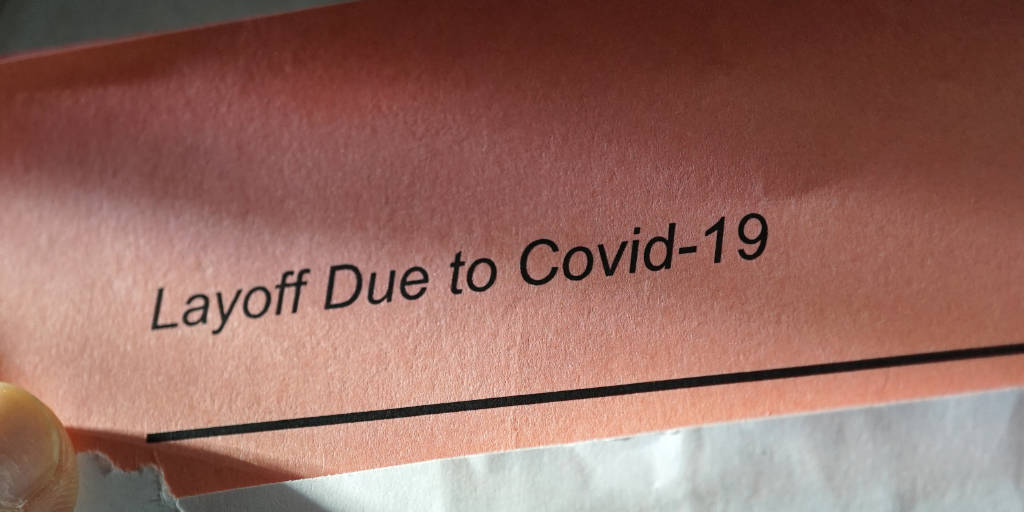Part 1: Duties of Loyalty, Good Faith, Fidelity and Confidence Owed by All Departing Employees
Reading Time: 2 minutesSome employees have written employment agreements that contain express obligations relating to the use of their employer’s confidential and proprietary information. Those agreements may also contain restrictive covenants intended to protect the employer’s proprietary interest in its business records, trade secrets, trade connections with customers, and employment relationship with its other employees.
Many departing employees are aware of express obligations contained in written employment agreement but they may not be aware of certain duties which the law imposes on all employees. These duties of loyalty, good faith, fidelity, and confidence impact the type of activity in which a departing employee may engage with their new employer or in their new business venture.
These duties which bind all employees are often not written so they are frequently overlooked. All employees should have a basic understanding of what they can and cannot do when they leave their employment. Below is a basic list of do’s and don’ts summarizing the type of activity in which departing employees can and cannot engage. Even low level employee should be aware of these basic obligations which continue after they leave their employment.
Do’s and Don’ts for all departing employees* (*subject to express contractual restrictions which can change or modify these basic duties):
CAN DO
- Can resign with reasonable notice* equivalent to the time it would reasonably take the employer to replace the employee or to adapt.
- Can plan and prepare for competition while still employed* without breaching duty of fidelity.
- Can compete “fairly” with former employer after employment ends*. “Fair” competition means no use of confidential information, customer lists or trade secrets belonging to former employer.
- Can solicit former employer’s customers*.
CANNOT DO
- Cannot resign without providing reasonable notice.
- Cannot work for a competitor while still employed by first employer because duty of loyalty and fidelity continues until employment contract with first employer ends.
- Cannot, as a managerial employee, organize a mass exodus of employees under the manager’s supervision. Duty of good faith requires managerial employee to retain the employees under their supervision.
- Cannot misuse any confidential information, customer lists or trade secrets belonging to former employer.
- Cannot copy or memorize customer lists or records and use them to solicit former employer’s customers.
In Part 2, we will highlight in our next Blog some of the additional fiduciary duties which are owed by departing senior employees.
For more information, or if you have questions about this post, email Employment & Human Rights Lawyer, Scott MacDonald at smacdonald@rbs.ca or call at 604.661.9217
-
The Trudeau government made good on its promise to extend parental leave from 12 to 18 months. Initially, this promise only applied to workers in federally regulated workplaces. However, on April 6, 2018, the BC Government introduced Bill 6, Employment Standards Amendment Act 2018 which will amend the BC Employment Standards Act (the “ESA”). Some of the proposed changes relate to maternity and parental leave. On May 17, 2018, Bill 6 came into force by Royal Assent. My colleague, Nicole Mangan, and I sum up these key legislative changes.
-
Many BC employers will have issued temporary layoffs to employees with the start of BC’s COVID-19 lock down in March. Soon after the start of the provincial lock down, the BC Government extended the temporary layoff period under the BC Employment Standards Act (ESA) from 13 weeks to 16 weeks for COVID-19 related layoffs. On June 26, 2020, the BC Government announced a further extension to 24 weeks expiring on August 30, 2020.







